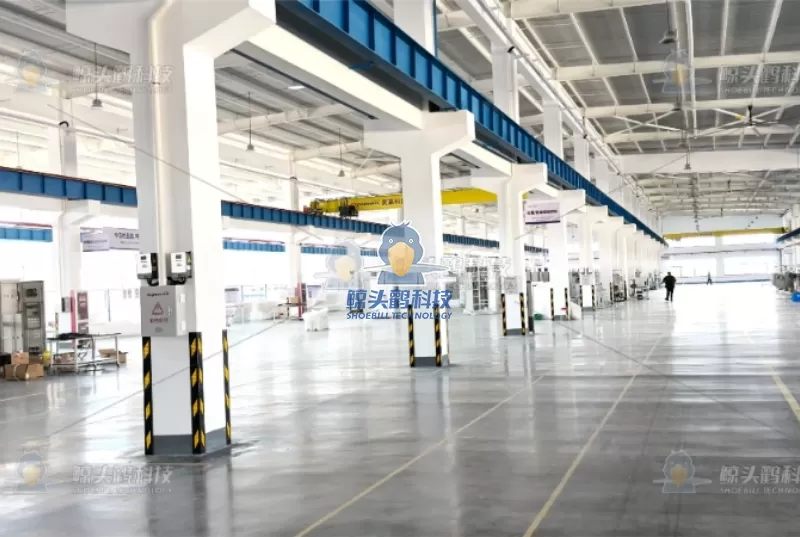Water is a precious resource that sustains life on our planet. However, with increasing pollution and contamination, ensuring access to clean and safe water has become a global challenge. In this blog post, we will explore the best water treatment technologies available today, their effectiveness, and their potential to address this pressing issue.
- Reverse Osmosis (RO) Technology:
Reverse osmosis is a widely recognized and effective water treatment technology. It utilizes a semi-permeable membrane to remove impurities, contaminants, and even dissolved solids from water. RO systems are capable of removing up to 99% of contaminants, including heavy metals, bacteria, viruses, and chemicals. This technology is commonly used in households, industries, and desalination plants. - Ultraviolet (UV) Disinfection:
UV disinfection technology utilizes ultraviolet light to destroy harmful microorganisms present in water. It is highly effective against bacteria, viruses, and parasites, making it an excellent choice for water treatment. UV disinfection is a chemical-free process that does not alter the taste, odor, or pH of water. It is commonly used in combination with other treatment methods to provide a comprehensive solution. - Activated Carbon Filtration:
Activated carbon filtration is a versatile water treatment technology that effectively removes organic compounds, chlorine, and other chemicals from water. It works by adsorbing impurities onto the surface of activated carbon, thereby improving water quality. This technology is commonly used in point-of-use filters, as well as in large-scale treatment systems. - Electrodeionization (EDI):
Electrodeionization is a cutting-edge water treatment technology that combines ion exchange and electrodialysis processes. It effectively removes ions, dissolved solids, and other impurities from water using ion-exchange resins and an electric field. EDI systems are highly efficient, require minimal maintenance, and produce high-quality water suitable for various applications, including pharmaceutical and semiconductor industries. - Advanced Oxidation Processes (AOPs):
Advanced oxidation processes encompass a range of technologies that utilize powerful oxidants to degrade and remove contaminants from water. These processes generate highly reactive hydroxyl radicals that can break down persistent organic pollutants, pharmaceuticals, and emerging contaminants. AOPs are particularly effective in treating water sources contaminated with industrial wastewater or complex organic compounds.
Conclusion:
In the quest for the best water treatment technology, it is essential to consider the specific requirements, contaminants, and scale of the water treatment system. While each technology mentioned above has its strengths, a combination of multiple technologies may be necessary to achieve the desired water quality. By leveraging these advanced water treatment technologies, we can ensure access to clean and safe water for present and future generations.



More Stories
Plastic to Pyrolysis Oil Solution: A Sustainable Pathway for Plastic Waste Conversion
Yukun Qiangwei Motor Unveils 2023 Diesel Generator Price List with Specs for Home Use
Inspiration Powered by Light: How Mini Monocrystalline silicon Solar Panels Enable Self-Sufficient Creativity